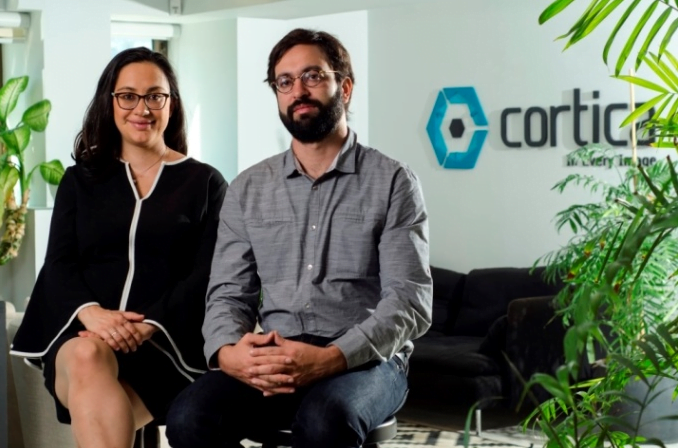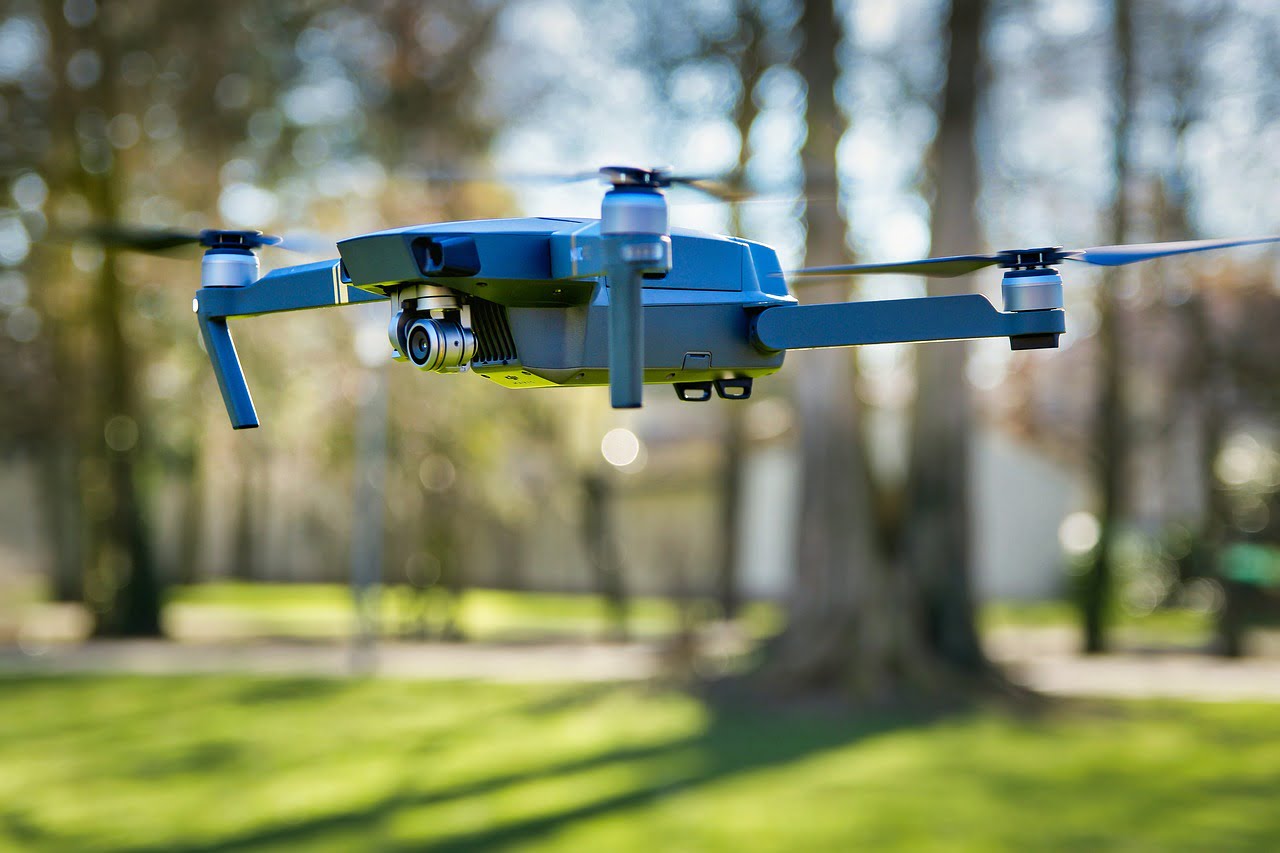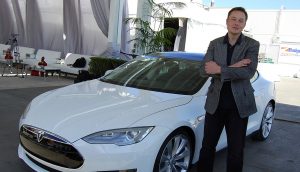When world-renown entrepreneur Elon Musk, the co-founder and CEO of Tesla and SpaceX, visited Israel last month, he documented his trip to the Startup Nation, posting images and selfies on social media from Jerusalem and Masada. He also reportedly engaged in talks with Tel Aviv-based AI vision company Cortica, sending Israeli industry observers into a tizzy with hopes of another billion-dollar exit by an Israeli startup, a la Mobileye (acquired by Intel for a staggering $15 billion) and Waze (bought by Google for a less-staggering $1 billion).
Musk denied the reports of any impending purchase, publishing a tweet saying he had “never heard of Cortica,” and was just “taking [his] kids on a Spring Break trip to see ancient sites in Israel & Jordan.” Cortica meanwhile, has remained mum, declining to comment on negotiations if any.
But rumors and speculations have remained.
So who is Cortica, which claims to be developing “next-generation” AI technology, and what could it offer Musk?
The company, founded in 2007 by Professor Yehoshua Zeevi and two of his doctoral graduates Igal Raichelgauz and Karina Odinaev from the Technion – Israel Institute of Technology, is based on sophisticated brain research over the course of 10 years, which was thoroughly advanced before any of the technology was actually developed.
Cortica has since created AI technology that offers a veritable solution for autonomous platforms that could be applied across sectors, including automotive, retail, drones, and imaging. The company’s high-level tech creates a computer vision system based on the mammal cortex of the brain with algorithms that mimic the way the brain processes information. Cortica stands out from other AI companies for its unsupervised learning approach, which allows machines to work without the need of human-level management.
This technology is backed by more than 200 patents, allowing Cortica to develop products for drones, self-driving vehicles, and cameras that can read and understand images at a human level.
“We see ourselves as a company that hits all the autonomous platforms,” Raichelgauz tells NoCamels. The tech, he says, is not just made for autonomous vehicles or drones, but for a number of applications including media, robotics, smart city, and medical image analysis.
Cortica also aims to keep things simple. “Our tech doesn’t require a lot of layers,” he says, calling it “more biologically motivated” which makes it “more efficient” and “more minimalistic.”
This is unlike companies in the medical tech imaging space for example, like Zebra Medical Vision which uses artificial intelligence to read medical scans to automatically detect anomalies, and which has partnered with Google to provide its sophisticated algorithms on Google Cloud, where hospitals and medical professionals can access the service for $1 per scan.
While Cortica faces similar challenges in how to compile and analyze huge amounts of data with its tech, the company differs in its effort to “focus on the minimalistic approach,” Raichelgauz emphasizes.
Sign up for our free weekly newsletter
SubscribeAnother aspect that differentiates Cortica from medical imaging tech is its use of deep learning, which Raichelgauz calls the current “trend in machine learning.” Deep learning is a more specific aspect of machine learning in that it is “unsupervised,” meaning there is no human intervention. While machine learning gathers data and makes informed decisions based on what it has learned, deep learning structures the data and algorithms in layers to create an artificial neural network that can make decisions on its own.
Last year, New York data firm CB Insights identified Cortica, which has offices in New York, as one of the top patent holders in the United States. It also earned a spot on Business Insider’s Top 25 Coolest Tech Companies in Israel last year. Through its funding rounds, Cortica has raised over $67 million, with the most recent Series C round garnering $30 million.
What may have piqued Musk’s interest is Cortica’s efforts in the autonomous vehicles sector.
Cortica, which currently has at least 100 employees in Israel and the US, launched its automotive division in 2017, applying its AI tech to self-driving vehicles. It’s not the first company to permeate autonomous vehicles with AI, but its “unsupervised approach” is what sets it apart, allowing autonomous cars to better adapt to new situations on the road.
At the time, Raichelgauz said that the tech, which takes in all the data from sensors, processes the images, clusters them, and tags them with defined metadata. The system can process massive amounts of data “enough to equal YouTube’s entirety every hour” in California alone, he added, suggesting it is the kind of machine learning that is very close to the way the human brain processes and sees visuals.
SEE ALSO: Israel’s Airobotics Is World’s First To Get Authorization To Fly Fully Autonomous Drones
Declining to answer queries about Musk, Raichelgauz says that Cortica is “always looking for companies with strong productization capabilities and a large ecosystem.” For example, the company is aiming for partnerships with automotive integrators that can implement Cortica’s AI software into a fully autonomous vehicle, according to Raichelgauz.
Whether or not Musk or Tesla is part of it, the future for Cortica is bright, which has a current focus on autonomous vehicles and drones and also hopes to develop its tech for robotics in the future.
“We’re not a typical company that focuses on product,” Raichelgauz tells NoCamels, noting that the startup wants to continue generating new verticals and developing its tech while also commercializing its product to be introduced into the general market in the next few years.
Based on the evolution of AI and the maturity of the product, Raichelgauz says, “The time to market is right now.”
Related posts

Editors’ & Readers’ Choice: 10 Favorite NoCamels Articles

Forward Facing: What Does The Future Hold For Israeli High-Tech?

Impact Innovation: Israeli Startups That Could Shape Our Future







Facebook comments